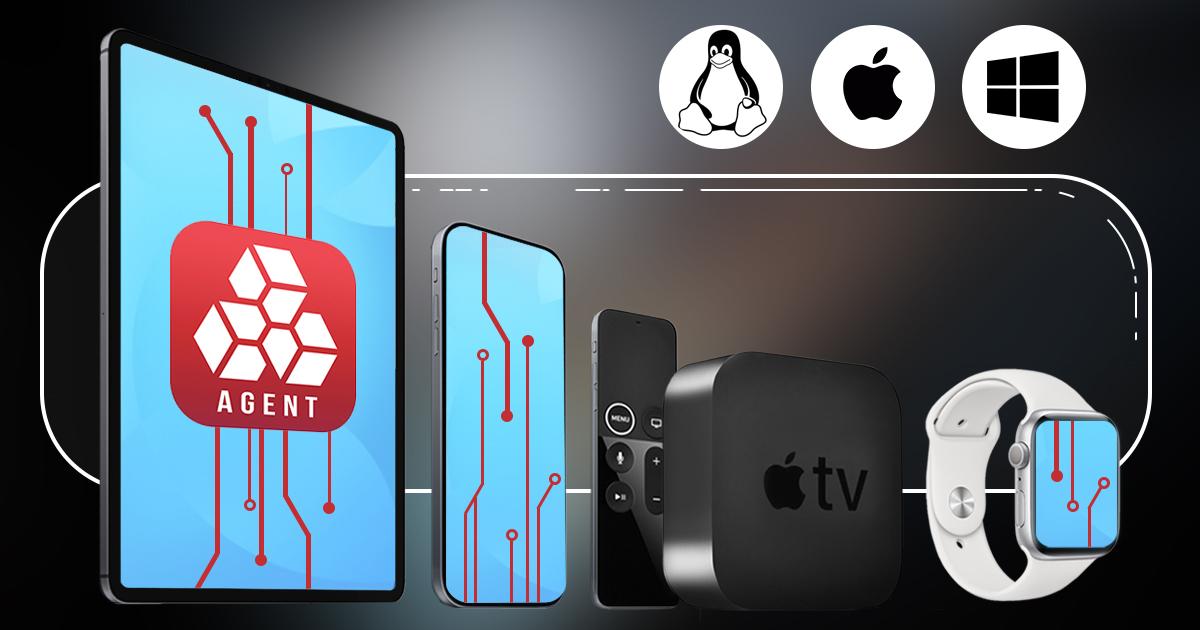In iOS forensics, cloud extraction is a viable alternative when physical acquisition is not possible. The upcoming release of iOS 13 brings additional security measures that will undoubtedly make physical access even more difficult. While the ability to download iCloud backups has been around for years, the need to supply the user’s login and password followed by two-factor authentication was always a roadblock.
The cloud becomes an ever more important (sometimes exclusive) source of the evidence whether you perform desktop or cloud forensics. Even if you are not in forensics, cloud access may help you access deleted or otherwise inaccessible data.
iCloud authentication tokens in particular are difficult to grasp. What are they, what tools are they created with, where they are stored, and how and when they can be used are questions that we’re being asked a lot. Let’s try to put things together. Read Part 1 of the series.
What are iCloud authentication tokens? How they are better than good old passwords? Do they ever expire and when? Where to get them? Is there anything else I should know about tokens? This publication opens a new series on token-based authentication.
Who am I to tell you to use two-factor authentication on all accounts that support it? This recommendation coming from someone whose business is supplying law enforcement with tools helping them do their job might be taken with a grain of salt by an average consumer. Yet we still strongly believe that, however good a password you have to encrypt your local documents or NAS drives, any remotely popular online service absolutely requires an additional authentication factor.
In early July, 2017, Apple has once again revised security measures safeguarding iCloud backups. This time around, the company has altered the lifespan of iCloud authentication tokens, making them just as short-lived as they used to be immediately after celebgate attacks. How this affects your ability to access iCloud data, which rules apply to iCloud tokens, for how long you can still use the tokens and how this affected regular users will be the topic of this article.
As you may know, we have recently updated Elcomsoft Cloud Explorer, bumping the version number from 1.30 to 1.31. A very minor update? A bunch of unnamed bug fixes and performance improvements? Not really. Under the hood, the new release has major changes that will greatly affect usage experience. What exactly has changed and why, and what are the forensic implications of these changes? Bear with us to find out.
Activation Lock, Apple ID, Apple ID password, authentication token, Celebrities hack, Find My Phone, FindMyPhone, iCloud, iCloud password, iPhone, keychain, phishing, Social Engineering
With little news on physical acquisition of the newer iPhones, we made every effort to explore the alternatives. One of the alternatives to physical acquisition is over-the-air acquisition from Apple iCloud, allowing investigators accessing cloud backups stored in the cloud. While this is old news (we learned to download data from iCloud more than two years ago), this time we have something completely different: access to iCloud backups without a password! The latest release of Phone Password Breaker is all about password-free acquisition of iCloud backups.


